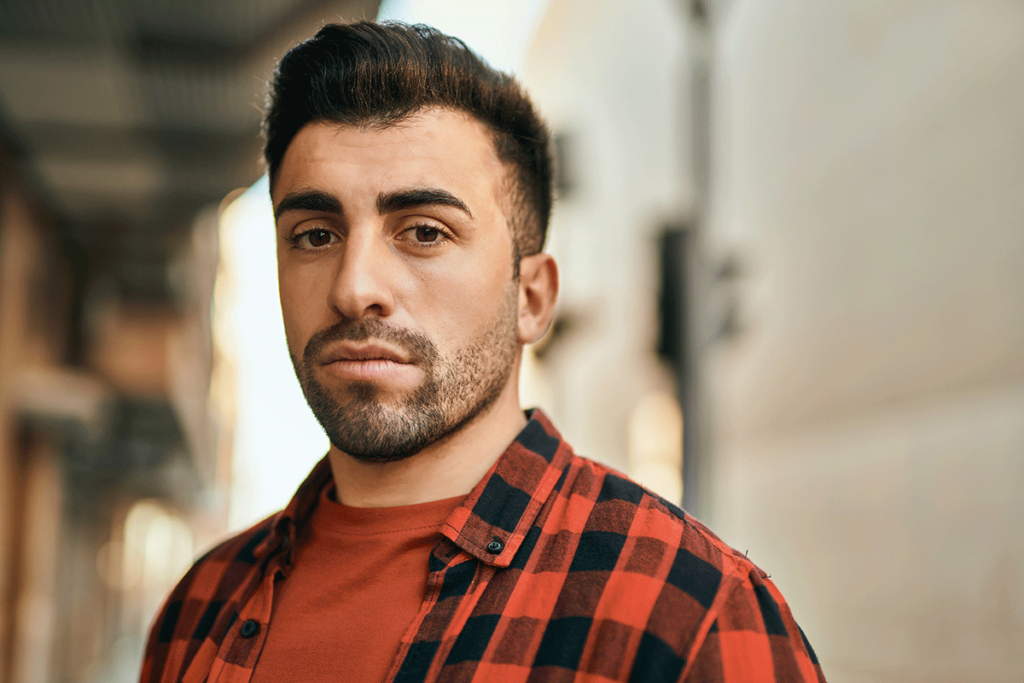Long-term recovery from addiction brings with it a sense of accomplishment and hope for the future. It’s a journey filled with challenges and rewards, but one that ultimately leads to a better life. If you have maintained your sobriety for a while, you might wonder if you can enjoy alcohol responsibly now. You might even ask, “Why can’t I have just one drink?”
The experts at Northpoint Washington support individuals recovering from addiction by providing them with the tools and support they need to maintain their sobriety. We know that recovery is a lifelong process and that relapse can happen at any time. That’s why we believe it’s important for individuals to understand their triggers and have coping mechanisms in place to avoid temptation. Graduates of our alcohol addiction treatment program develop aftercare and relapse prevention plans that help them stay on track. Call 888.450.2153 to get started now.
Why Can’t I Have Just One Drink?
Be honest – haven’t you tried to “control” your drinking before? Have you ever tried to:
- Stick to beer only
- Switched to wine instead of hard liquor
- Never drink alone
- Drink only at home
- Never keep liquor at home
- Never drink in the morning
- Never drink during business hours
- Drink only at parties
Unfortunately, it just doesn’t work that way when you live with addiction. The very definition of the word means that your drinking is completely beyond your control. You are unable to regulate your consumption—when, where, how much, or how often.
Why Can’t I Stop Drinking When I Start?
This is a common question that many people ask themselves, especially when trying to understand their addiction. The truth is, once you have crossed the line into addiction, your brain chemistry has changed. Your body now physically craves alcohol, and it becomes nearly impossible for you to resist those cravings. This physical dependence can be incredibly difficult to overcome and often requires professional help and ongoing support.
If you try to start drinking in moderation after you sustain sobriety for a time, you might find yourself slipping back into old habits and patterns. This is because alcohol stimulates the reward centers in your brain, causing a surge of feel-good chemicals. Your body remembers this feeling and constantly craves more, leading to a cycle of binge drinking or continuous use.
It’s Not Your Fault
Thinking that you can drink like people who don’t live with addiction is just another facet of the mistaken belief that addiction is a choice—that people who abuse alcohol or drugs do so because they are morally weak or selfish. Choice has nothing to do with it. Science has shown that people who are addicted to drugs or alcohol live with a disease. A combination of factors—genetic predisposition, childhood exposure, trauma, peer pressure, personal habits, and co-occurring mental health conditions—has removed your ability to regulate your drinking.
Alcohol, like other drugs of abuse, is a chemical that activates reward centers within your brain. You “train” your brain to associate drinking with pleasure. But over time, and after habitual drinking, those changes within the brain become more lasting and pronounced. You lose the ability to feel pleasure—or even feel normal—without the presence of alcohol.
Too Close to Temptation
Do you recall how it was when your drinking was at its worst? Remember how the compulsion controlled you. You continued to drink more and more, no matter the cost or the consequences. Alcohol addiction is incurable—once the changes have happened, you will always be susceptible to renewed addiction. You even have to be careful with other addictive substances you may have never used before, such as illicit drugs or prescription painkillers.
People in recovery who resume drinking after a period of sobriety will almost immediately pick up where they left off—even if they have been sober for years. They are soon drinking just as much and acting just as out of control as they were previously. Your brain has already been trained by alcohol. You are already vulnerable. This could easily happen to you. Preventing relapse must be a consistent goal.
So, I Can Never Drink Again?
You don’t have to worry about staying sober forever, it’s too long to comprehend. You only need to focus on not drinking today. If that gets too hard, concentrate on not drinking for just the next hour or the next 15 minutes. Repeat as necessary.
Call Northpoint Washington When You Need Help
At Northpoint Washington, we understand the complexities of addiction and the challenges that come with maintaining sobriety. Our team of experienced professionals is here to support you every step of the way. We offer individualized treatment plans and ongoing support to help you maintain your recovery long-term. Don’t hesitate to reach out for help—call 888.450.2153 or complete our online form today.

